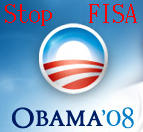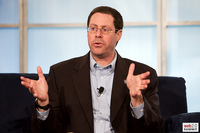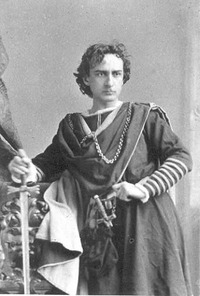 Boo hoo:
Boo hoo:
At least one lawmaker is already crying foul over Friday’s expected Federal Communications Commission’s censure of Comcast for faking internet traffic to limit its customers’ peer-to-peer file sharing.This is rather like crying foul because courts regulate contracts. I wonder how the free market would operate without them? The Internet free market in applications and services wouldn’t operate very well without net neutrality.Republican minority leader Rep. John Boehner said the FCC would be “essentially regulating the internet.”
— Lawmaker Cries Foul Ahead of FCC Net-Neutrality Decision, By David Kravets, ThreatLevel, July 31, 2008 | 7:02:45 PM
I don’t recall Boehner crying foul when Congress voted to regulate the Internet to require ISPs to hand over every bit (every email, phone call, web page, video, etc.) to the NSA and to legalize them having already done it when it was illegal. No free market talk from him then. Guess he didn’t think the Fourth Amendment was worth crying over, unlike Anna Nicole Smith.
And back in 1995, it was the duopoly ISPs demanding regulation from the FCC, because they wanted to squelch VoIP.
Now they want to squelch everybody else’s P2P and especially online video, except what they get a cut of. They think they can get away with it if the FCC stays out of the way, so now they are against regulation.
Their principles flip-flop kind of like Boehner’s, don’t they? Bunch of cry babies.
-jsq


 Back in 1995, an organization calling itself
AMERICA’S CARRIERS TELECOMMUNICATION ASSOCIATION (“ACTA”),
Back in 1995, an organization calling itself
AMERICA’S CARRIERS TELECOMMUNICATION ASSOCIATION (“ACTA”),





